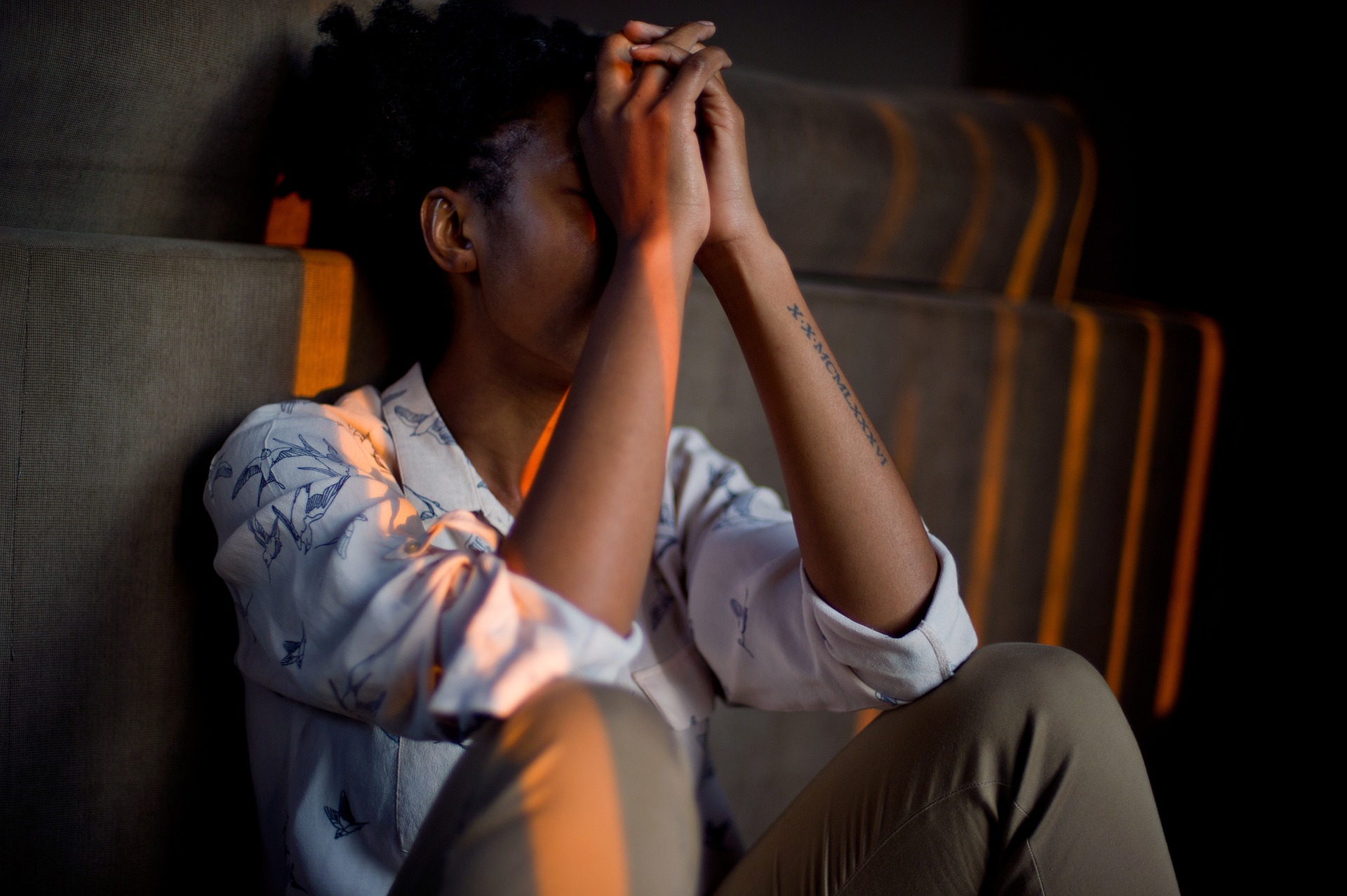Pharmacies: An Endangered Species
A growing trend in the low income neighborhoods of Chicago is causing a great deal of concern for public health. Compared to white neighborhoods, black and Latino communities are being labeled as pharmacy deserts. “Pharmacy deserts” are neighborhoods that are suffering from various pharmacy closures. These vulnerable communities are usually less affluent and home to minorities and senior citizens. When pharmacies close, these residents are left behind without basic needs.

Researchers highlight the importance of pharmacies; they’re needed for necessities like “diapers, hygiene products, immunizations, and health screenings” says Dima Qato, a professor in the University of Illinois-Chicago College of Pharmacy. A trip to the pharmacy can make all the difference to these communities who often lack access to transportation. They prevent customers from hospital visits, provide wellness care, and can be the one place insurance will cover immunizations. Pharmacy hours make it so customers can come at a convenient time.

In the past few years, this phenomenon has only gotten worse. More and more pharmacies have recently closed in neighborhoods like Woodlawn and East Garfield Park. In a better world, communities would receive an update from closing pharmacies about their new status. Usually this doesn’t happen soon enough or efficiently enough, hurting the people in need of services and resources.
What is happening in these communities exposes the structural racism and segregation in the United States. Fortunately solutions are being explored to combat this health inequality for people of color. For example, home deliveries and incorporating pharmacies into community health centers are being considered. Hopefully as time goes on, more studies like the one Qato is doing will be conducted on “pharmacy deserts” to bring more awareness and more answers.


